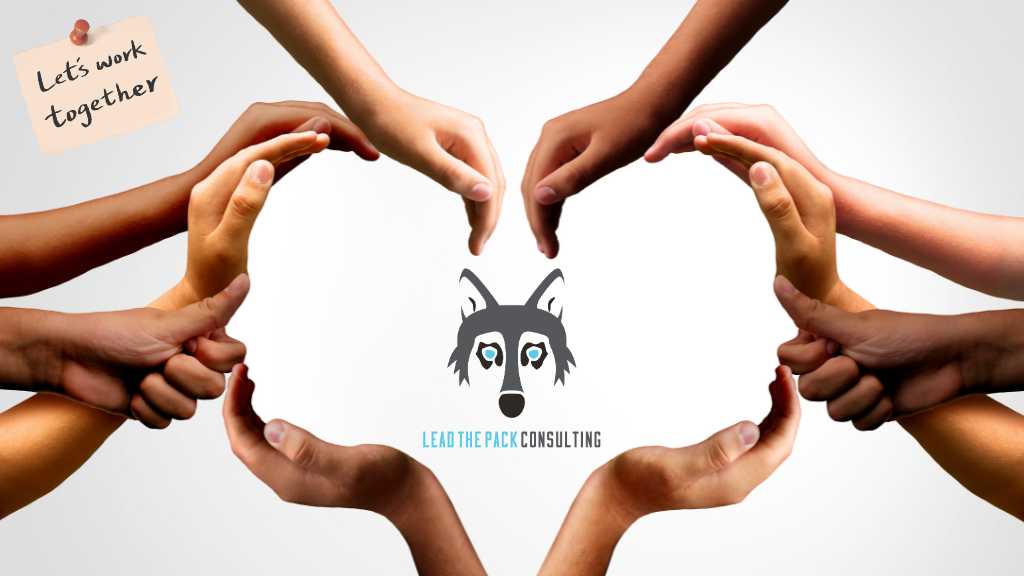A successful business demands strong, collaborative teams—this is essential. At the heart of effective collaboration lies a foundational element often overlooked: the art of relationship-building. For leaders and managers, developing the motivation to cultivate these relationships is not just a soft skill, it’s a strategic imperative.
Recognizing the Motivation Needed to Build Relationships
The challenge begins with recognizing the problem—motivation. In the agile environment of business, the immediate focus tends to skew towards achieving results, often sidelining the interpersonal connections that enable those results. The pressure to deliver results can make the actualizing and nurturing of professional relationships seem less urgent, a “nice to have” rather than a “must-have.” Leaders may feel that the effort to connect on a deeper level is too time-consuming, perhaps even perceiving it as a detour from the “real” work. This narrow mindset underestimates the power of relationships in unlocking collaboration, innovation, and ultimately, success.
Building Relationships: An Emotional Minefield?
The reluctance to prioritize relationship-building often stems from an emotional place. There’s a vulnerability factor when building relationships. Reaching out and building bridges can be daunting, carrying a fear of rejection or misunderstanding. This emotional cocktail of apprehension and perceived inefficiency from leadership can make the task of building relationships feel like an uphill battle.
BRM Techniques Provide the Solution for Effective Relationship-Building
- Active Listening: Elevate your listening skills to truly understand your colleagues’ perspectives, challenges, and aspirations. Active listening involves not just hearing and absorbing words and meaning but also interpreting tone, observing body language, and offering feedback that indicates comprehension and empathy.
- Regular Check-ins: Establish a routine of regular one-on-one check-ins with team members and colleagues. These meetings shouldn’t always be about projects or tasks. Use this time to learn about their interests, career goals, and well-being.
- Appreciation and Recognition: Genuine recognition of efforts and accomplishments goes a long way in building trust and rapport. Make it a point to celebrate wins, both big and small, and acknowledge the contributions of each team member.
- Transparency and Open Communication: Foster an environment where sharing ideas, concerns, and feedback is encouraged and valued. Transparency builds trust, and trust is the foundation of strong relationships.
- Networking and Social Events: Facilitate opportunities for informal interactions through team-building activities, social events, and professional networking opportunities. These settings can help break down formal barriers and encourage more personal connections.
Building A Structured Approach to BRM
- Set Clear Relationship Goals: Identify what you want to achieve from each relationship, aligning these goals with broader business objectives.
- Develop a Relationship Roadmap: Outline the steps you will take to build each relationship, including regular check-ins, shared projects, and informal interactions.
- Measure and Adjust: Use feedback and observations to gauge the effectiveness of your relationship-building efforts. Be prepared to adjust your approach based on what’s working and what’s not.
- Incorporate BRM into Performance Metrics: Integrate relationship-building metrics into performance evaluations, both for yourself and your team. This underscores the value placed on relationship-building within your organizational culture.
The necessity of building and nurturing relationships in a business context cannot be overstated. As a leader, your commitment to this process not only enhances collaboration throughout the organization but also fosters a culture of trust, respect, and mutual support. By adopting a structured, intentional approach to BRM, you pave the way for a more cohesive, dynamic, and successful team.
Foster Stronger Relationships and Drive Successful Outcomes
Leadership Education, Training, Courses, Coaching and Consulting
Lead the Pack Consulting specializes in business relationship management (BRM) leadership development. Our years of experience in Leadership Management Education, Training, Courses, Coaching and Consulting help us support business relationship management teams and provide them with the leadership skills needed to overcome their challenges. We have provided leadership coaching to business relationship managers, leaders, and teams in a variety of organizations and industries. Since 2013, we have been a registered provider of business relationship management certification workshops and coaching.
Our coaches, Elka Schrijver and Peter Lijnse, have both won the prestigious Arnie Award from the Business Relationship Management (BRM) Institute for their work to embody, enhance, and promote business relationship management knowledge throughout the global BRM community. They have been actively involved in the BRM Institute since it was founded in 2013 and have been contributing authors for several components of the BRM Body of Knowledge and certification courses. They are currently writing a series of practical, user-friendly books about mastering business relationship management leadership skills.

